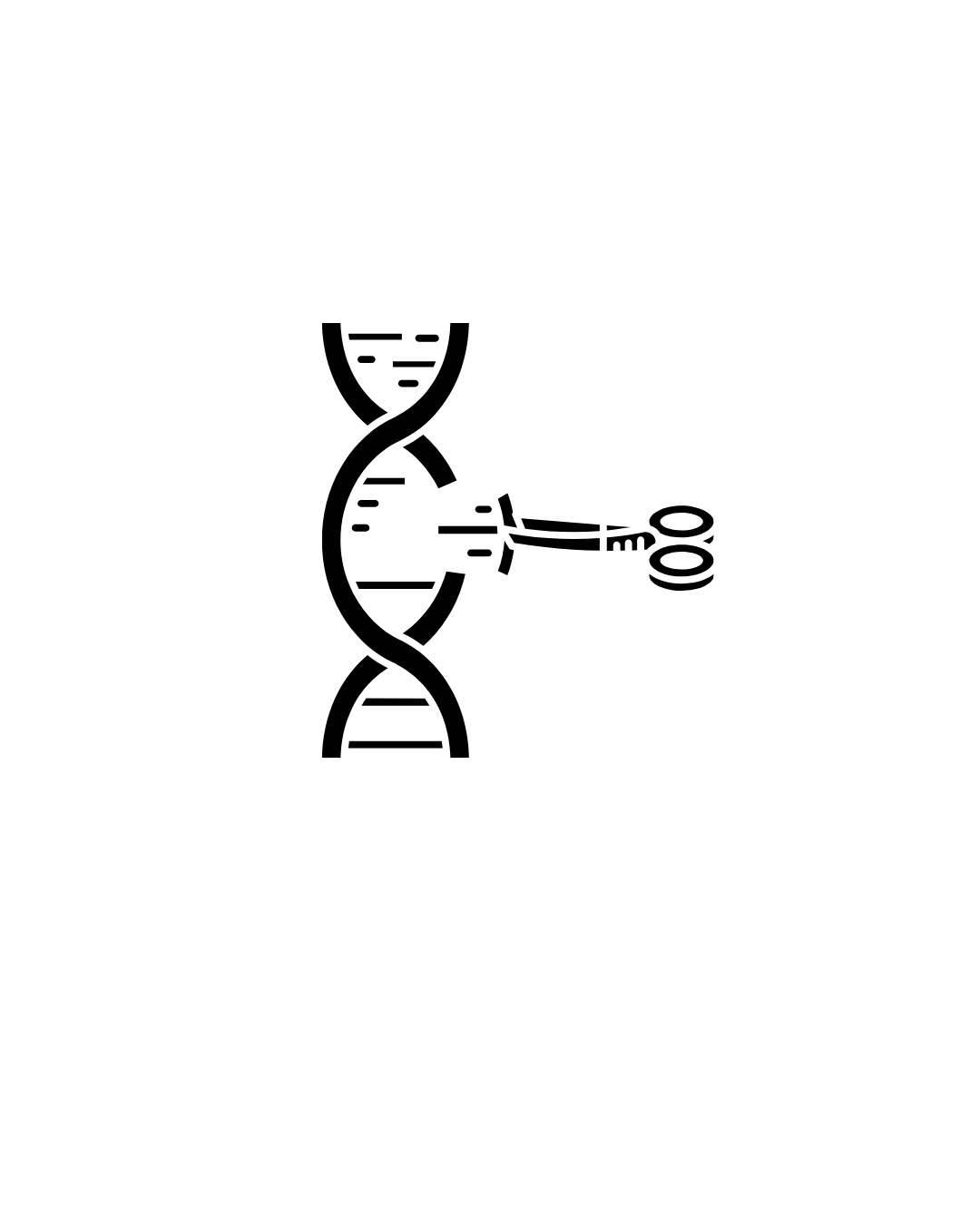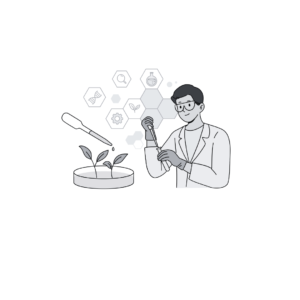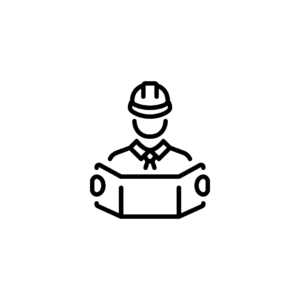Description
A Diploma in Biochemistry is a specialized program that focuses on the chemical processes and substances that occur within living organisms. This diploma provides students with a strong foundation in both biochemical principles and laboratory techniques, preparing them for various roles in the fields of healthcare, pharmaceuticals, agriculture, and research.
Curriculum Overview
The curriculum for a Diploma in Biochemistry typically combines theoretical studies with practical laboratory training. Here are some common subjects and areas of study you might encounter:
Introduction to Biochemistry:
Overview of biochemistry, including its importance, scope, and applications in various fields.
Molecular Biology:
Study of the molecular basis of biological activity, focusing on DNA, RNA, and protein synthesis.
Metabolism:
Understanding metabolic pathways, including catabolism, anabolism, and energy production in cells.
Enzyme Biochemistry:
Detailed study of enzymes, their structure, functions, mechanisms, kinetics, and regulatory mechanisms.
Structural Biochemistry:
Examination of the three-dimensional structures of biomolecules (proteins, nucleic acids, carbohydrates) and their functions.
Analytical Techniques in Biochemistry:
Introduction to laboratory techniques such as chromatography, spectrophotometry, electrophoresis, and mass spectrometry.
Biochemical Techniques:
Practical training in techniques for purifying and analyzing biomolecules, including protein assays and nucleic acid manipulation.
Cell Biology:
Study of cell structure, function, and processes, including cell signaling and communication.
Immunology:
Basics of the immune system, including the biochemical basis of immune responses and the role of antibodies.
Biochemical Pharmacology:
Overview of the biochemical mechanisms of drug action and the interaction of drugs with biological systems.
Food and Nutrition Biochemistry:
Understanding the biochemistry of food components and their impact on health and metabolism.
Research Methodology:
Basics of scientific research techniques, data analysis, and laboratory safety practices.
Project Work:
A hands-on project that allows students to apply their biochemistry knowledge in a practical setting or research project.
Career Opportunities
Graduates of a Diploma in Biochemistry have diverse career opportunities in various sectors, including pharmaceuticals, healthcare, agriculture, and research. Some potential job roles include:
Biochemist: Conducting research and experiments to study chemical processes in living organisms.
Laboratory Technician: Performing routine analyses and experiments in biochemistry laboratories, ensuring quality control and documentation.
Quality Control Analyst: Testing and analyzing products in pharmaceutical or food industries to ensure compliance with safety and quality standards.
Clinical Biochemist: Analyzing biological samples for diagnostic purposes in medical laboratories.
Research Assistant: Supporting scientific research projects in academic or private sectors, including data collection and analysis.
Pharmaceutical Sales Representative: Utilizing biochemistry knowledge to sell products and provide technical support to healthcare professionals.
Biotechnology Technician: Assisting in the development and testing of biotechnological products and processes.
Environmental Biochemist: Studying the effects of chemicals on the environment and developing methods to mitigate pollution.
Food Scientist: Applying biochemistry knowledge to improve food quality, safety, and nutritional value.
Regulatory Affairs Specialist: Ensuring compliance with regulations governing biochemicals and pharmaceuticals.
Further Education
After completing a Diploma in Biochemistry, graduates may choose to pursue further studies by enrolling in a Bachelor’s degree program in Biochemistry, Molecular Biology, or related fields. Additionally, obtaining certifications in specialized areas such as clinical biochemistry, quality assurance, or laboratory management can enhance career prospects and professional growth.
If you have any questions about the Diploma in Biochemistry program, potential career paths, or any related topics, feel free to ask!









